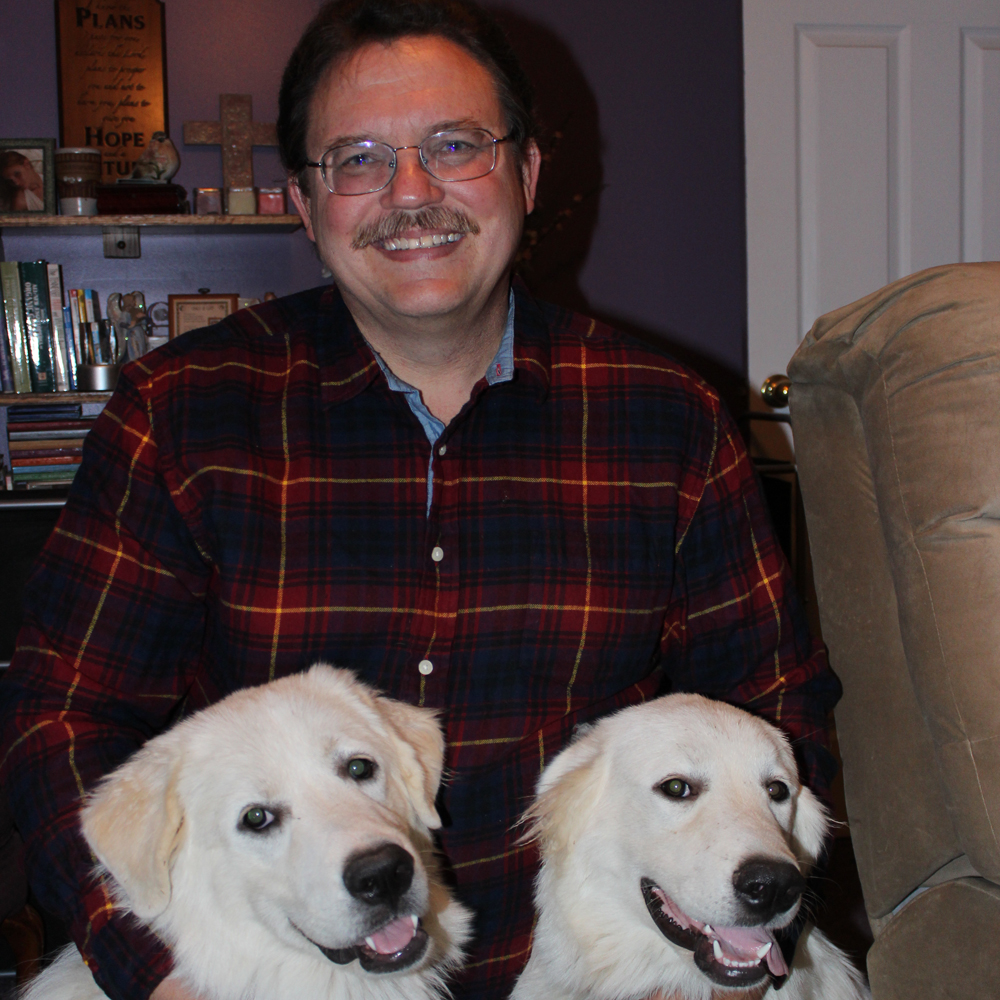 I’ve been reading a lot of short stories lately and I have a question. Writing a short story takes a special skill set, but does reading them take a special skill set as well? Do some stories fail for us because we fail to read them as they were meant, or are some fatally flawed in themselves?
I’ve been reading a lot of short stories lately and I have a question. Writing a short story takes a special skill set, but does reading them take a special skill set as well? Do some stories fail for us because we fail to read them as they were meant, or are some fatally flawed in themselves?
For the last several decades, I’ve read almost nothing but novels; the fatter, the better. I like reading a story I can sink my teeth into, one that stays around for awhile. Brent Weeks, Patrick Rothfuss, and Brandon Sanderson are prime examples of authors who allow their stories room to breathe. I crack open one of their wrist busting tomes and know I’m in for a nice long read and prepare myself to be immersed in their worlds. But I’ve started reading shorter works again, prompted mostly by the Hugo Awards, but also by folks like Brad Torgersen, John C. Wright, Sarah Hoyt, Martin Shoemaker, and many others. Folks I’ve met in the real world or online, and whose work interests me.
And what I’ve noticed is that I have to get into a different mindset when I read a short story. If a novel is like a long term marriage, then a short story is a summer kiss. Both can be wonderful in their own ways; it just depends on what you are looking for. I noticed while reading short stories that many of them left me unsatisfied. Sometimes, it was because I wanted more; I was reading the story like I’d read a novel. I wanted more characterization, more plot, more detail, more story. And that was my problem, not the problem of the author. I was misreading the story.
But there were some short stories that left me feeling satisfied. The story was finished. Oh, sure, there could easily be more stories in that universe, and some stories seemed to be designed to be part of a cycle of stories, but for these particular stories, the tale was complete.
And then there were the rest of the stories. They they just didn’t feel finished.
It was like they were part of a story, an incomplete episode, or maybe just a character sketch, but there was no sense of resolution, no movement, no purpose.
Let me give you some examples from the anthology Shattered Shields, which, by the way, is overall an excellent read. The first story I want to talk about is “Yael of the Strings.” It’s a story about a minstrel spending the night before battle singing songs to encourage the army to fight in the morning. He allays their fears with music and song, preparing them to go meet a probably gory death. A sneak attack by the enemy before dawn results in Yael being forced to join the soldiers in the battle. By the end of the story, Yael has become something new; he has changed. His perceptions of the enemy have changed as well, and I can imagine several different ways the story could continue. The novel reader in me wants that story to continue. I want to know more about Yael, and the war, and the culture, and the enemy as well. But the short story reader in me is satisfied. This part of the tale is done. I’ve watched Yael come to a new place and a new understanding. The story, even if it just an episode in a larger tale, is complete.
On the other hand, there is “The Gleaners.” In this story, Ambros and his two partners are picking over corpses in a battlefield, looking for valuables. Ambros is captured by an agent of the enemy and his partners are killed. The end. There are more details to the story, including a very interesting description of a magical system, but that’s it. No character development, no change, no growth, nothing but a change in circumstance. It reads like the prologue of a novel, not a stand alone story.
It isn’t finished.
A third story from the anthology, “Lightweaver in Shadow,” reads differently. The story is incomplete, but this piece isn’t really about the story; it’s about the protagonist, a young messenger name Tyrol. It’s more of a character study than anything else, but it works because I learn enough about Tyrol’s character to know how this particular tale ends, and that was the author’s intent with this story.
So, having said all this, I just dashed off a quick story to kind of illustrate what I’m talking about. It’s nowhere near publishable, has not been edited in any way except by myself, but I think it shows where my thinking is. It is a first story of many in this particular universe, but my goal was to make it self contained.
I want it to feel finished while stimulating that hunger for more. If you choose to read it, I would of course appreciate any feedback, positive or negative. Quoting Lester Bangs, “Be unmerciful.” But I’m okay if you stop short of actual brutality.
I am a sensitive artiste, after all.
The story is here.

Leave a Reply